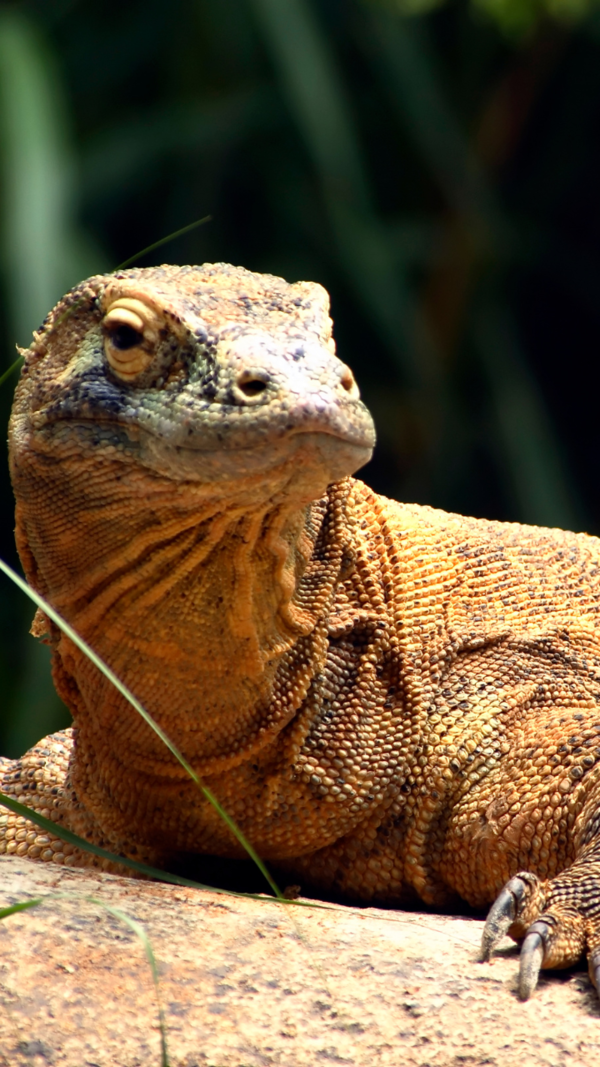- News
- lifestyle
- health-fitness
- health-news
- Genetically modified mosquitoes released in the US: How they can prevent disease outbreaks
Trending
Genetically modified mosquitoes released in the US: How they can prevent disease outbreaks
Genetically modified mosquitoes have been released in Florida to combat the spread of mosquito-borne diseases like dengue and Zika. These mosquitoes are designed to reduce the population of disease-carrying females by introducing a gene that kills female offspring early while allowing males to survive. The strategy shows promise in significantly decreasing mosquito populations and disease transmission.
The menace of mosquito-borne illnesses is growing in the US and the contributing factors range from climate change to their expanding habitats. The solution could lie in genetically modified mosquitoes that hold the capability to effectively control mosquito populations. Recently, genetically modified mosquitoes were released in Florida, US, following the successful trials in Brazil, the Cayman Islands, Panama, and Malaysia, where populations of aedes aegypti dropped by at least 90%.
A significant step forward in preventing the deadly mosquito-borne illnesses, the bioengineered male aedes aegypti mosquitoes were introduced into the environment. While these deadly species make up for 4% of the total local mosquito population, they are enough to wreak havoc.
It is to be noted that female aedes aegypti mosquitoes are the primary vectors that can transmit dengue, Zika, yellow fever, and chikungunya viruses to humans.

How the male mosquitoes were genetically modified
Male mosquitoes do not feed on blood and survive on nectar and plant juices. They don't bite because they do not have the specialized mouthparts (proboscis) needed to pierce skin and feed on blood.
Was the experiment successful?
To study the genetically modified mosquitoes, researchers set up capture devices to collect both adult mosquitoes and their eggs, as reported by Nature. They discovered that once the modified mosquitoes matured, their behaviors and flight ranges closely mirrored those of wild mosquitoes. The modified male mosquitoes successfully mated with wild females, and the resulting eggs were brought to a lab for observation. After analyzing more than 22,000 eggs, the researchers found that only male mosquitoes reached adulthood, confirming that the lethal gene was functioning as intended.
The modified gene, which caused the female offspring to perish, remained effective for only two to three months, roughly three generations of mosquitoes. Additionally, mosquitoes carrying the lethal gene were detected only within 400 meters (437 yards) of the release sites, according to Nature.
How genetically-modified mosquitoes can prevent disease outbreaks
Releasing GM mosquitoes over several months can reduce the number of a specific mosquito species, such as Ae. aegypti. As the number of disease-carrying females decreases, the population of mosquitoes capable of spreading diseases like Zika, dengue, and yellow fever also diminishes, helping to control the spread of these infections. This sustained release ensures that the population gradually collapses without the need for harsh chemical interventions.
Reducing numbers of mosquitoes that can spread germs can help reduce the chance of an outbreak starting. Fewer mosquitoes means fewer opportunities for the viruses they carry to spread
The best way to prevent disease outbreaks is to control mosquitoes before an outbreak happens.

About the Author
TOI Lifestyle DeskEnd of Article
Follow Us On Social Media
Visual Stories
Tired of too many ads?










